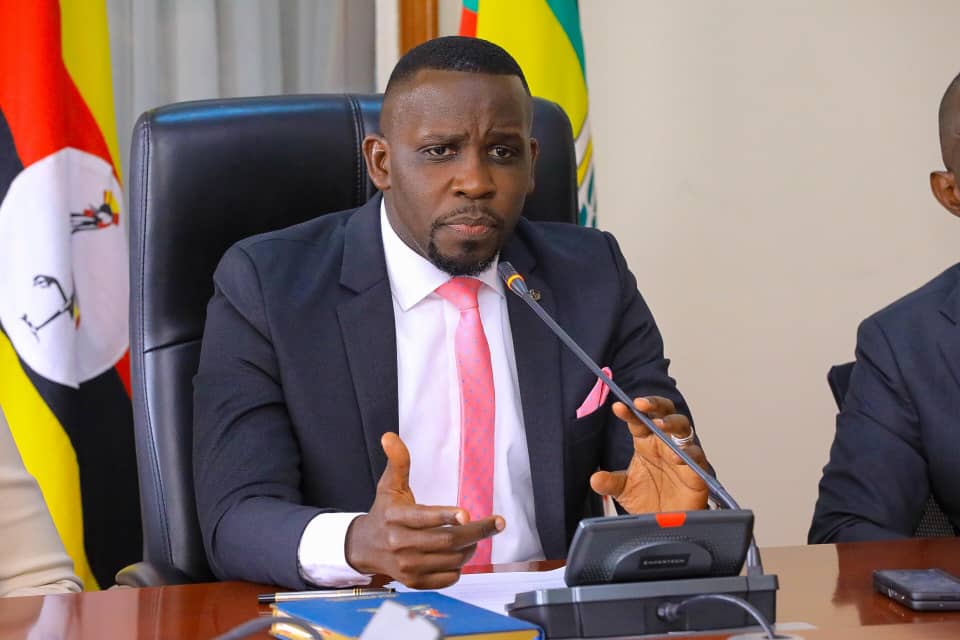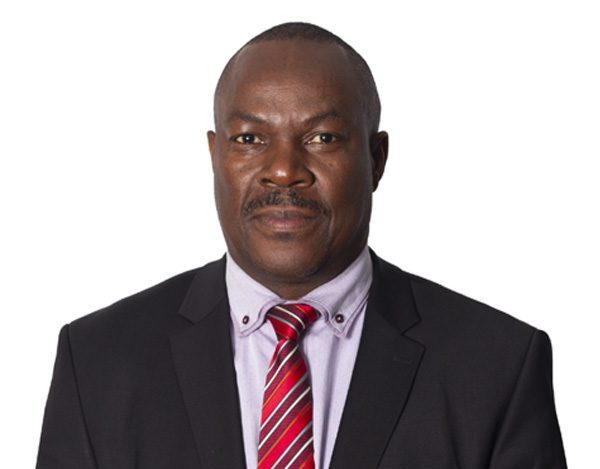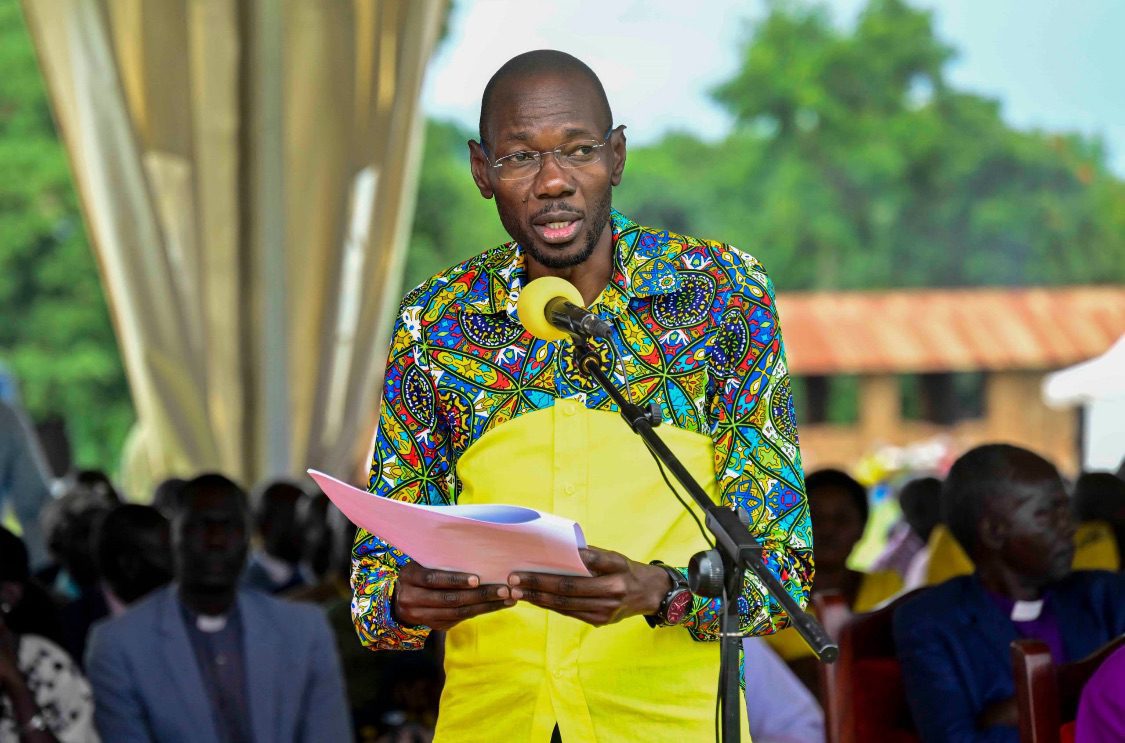
We urge the public not to pressurise their legislators into accepting this evil money
The Leader of the Opposition in Parliament, Joel Ssenyonyi, has condemned the Shs 100 million cash bonanza given to legislators, describing it as a bribe and “evil money”.
Ssenyonyi made the remarks after a closed-door Opposition Caucus meeting at Parliament, where they discussed the controversy surrounding the payment.
“We urge the public not to pressurise their legislators into accepting this evil money,” Ssenyonyi said. “We believe it’s a bribe, and we can’t allow the government to compromise the integrity of our MPs.”
The opposition leader also questioned the use of classified expenditures, alleging that funds have been misused over the past five years.
According to Ssenyonyi, a total of Shs 16 trillion has been extended to State House as classified expenditure during this period, and the President must provide accountability for these funds.
Ssenyonyi challenged the government to expose any opposition MPs who signed a commitment document pledging not to accept the funds but secretly took the money.
Out of over 100 opposition MPs, 72 have signed the commitment document, and the rest are urged to follow suit or return the funds with evidence.

“The President’s letter confirms that the money was given to legislators through classified expenditure extended to State House,” Ssenyonyi said. “We demand accountability for these funds, and we believe this payment was an appreciation for passing the controversial coffee bill and an enticement for the upcoming UPDF Amendment Bill 2025.”
The UPDF Amendment Bill, if passed, would grant military courts jurisdiction over civilians, sparking concerns about human rights and the rule of law.
The opposition’s stance highlights growing demands for transparency in government spending, particularly regarding lobbying and classified expenditures.
As global sustainability standards evolve, organisations are expected to demonstrate transparency and accountability in their interactions with governments.
In Uganda, the debate surrounding classified expenditures has sparked intense scrutiny, with the opposition demanding greater transparency and accountability from the government.
The outcome of this controversy may have significant implications for the country’s governance and development.
Source: Nile Post






 ">
">
